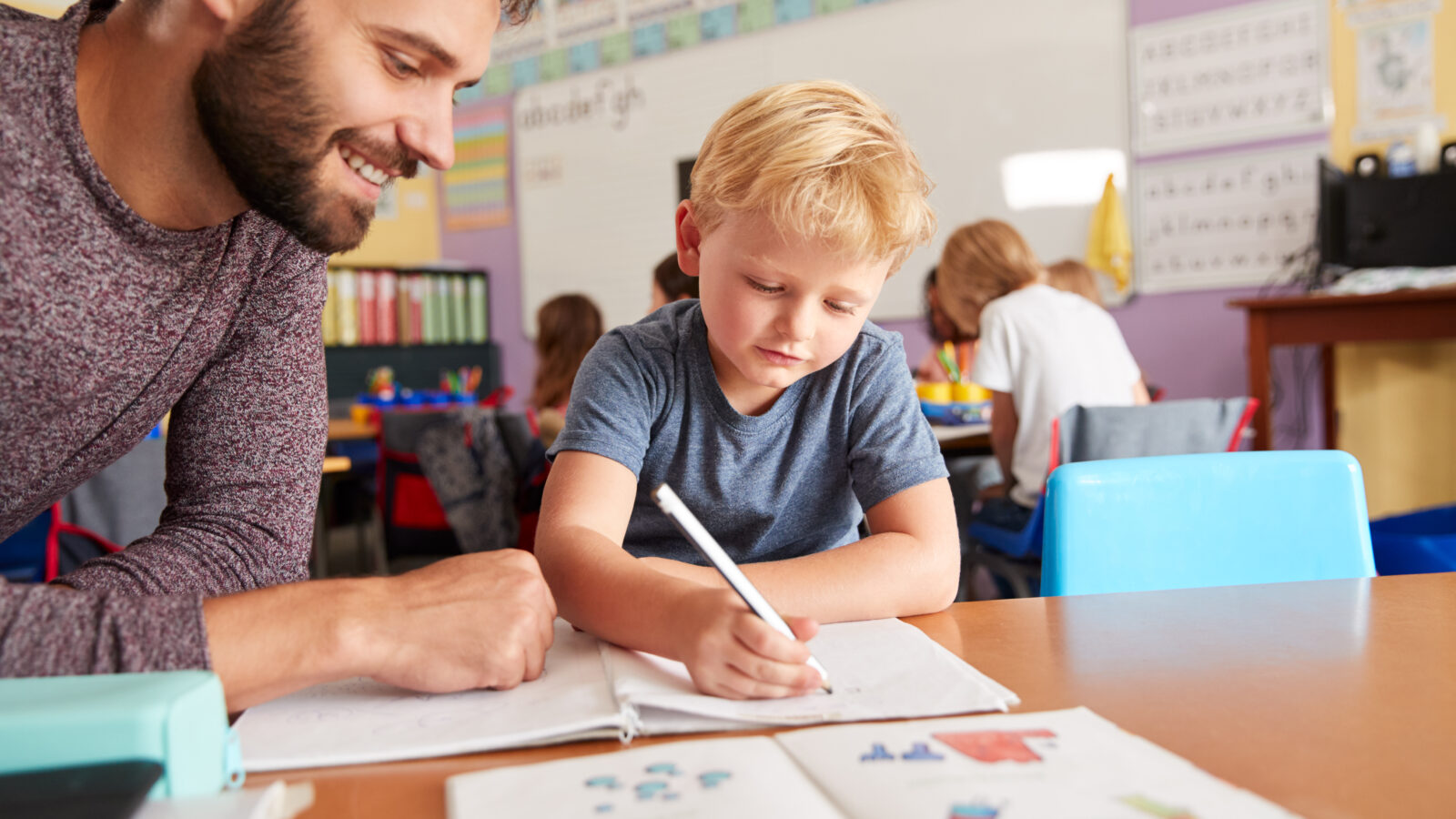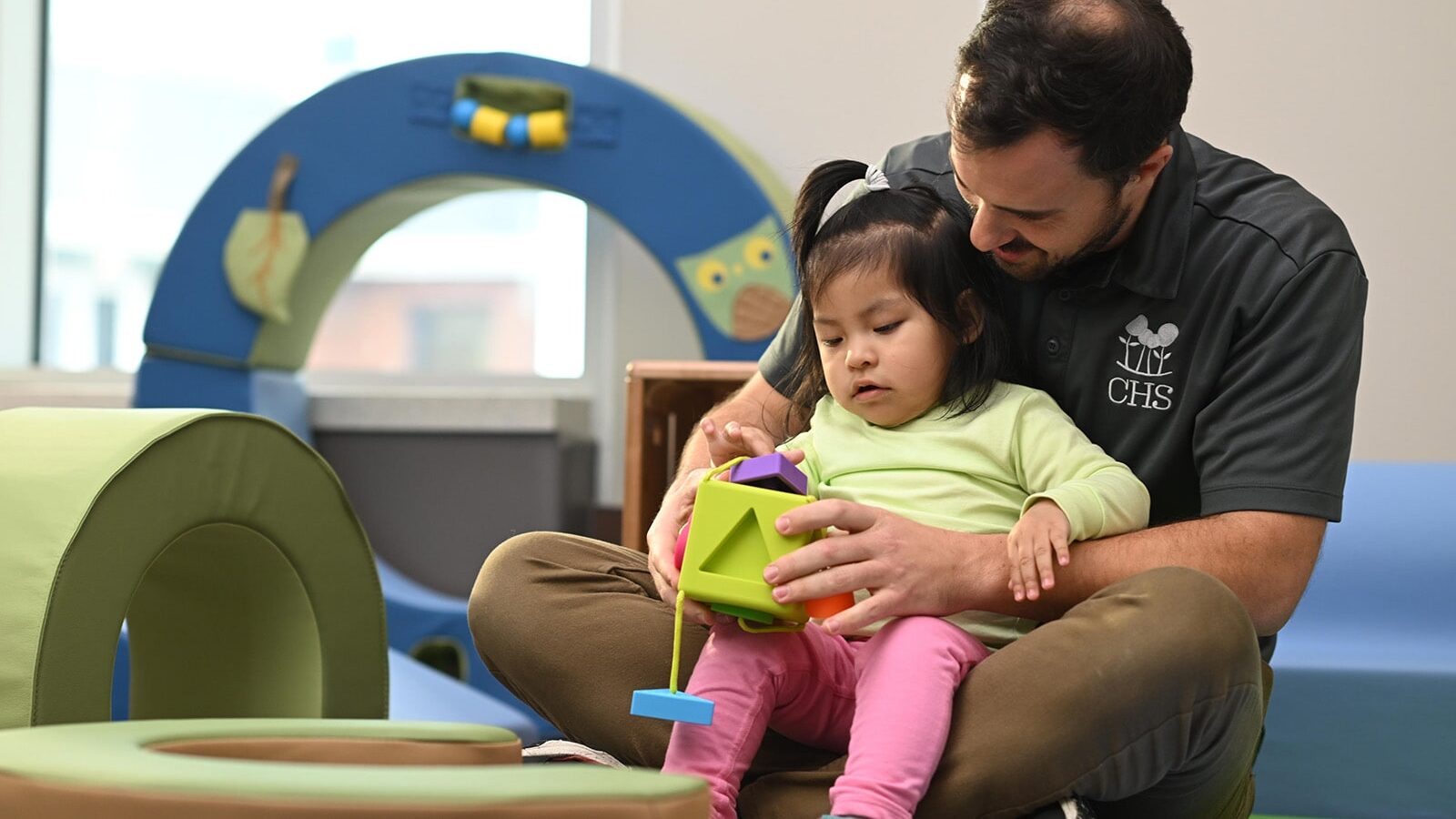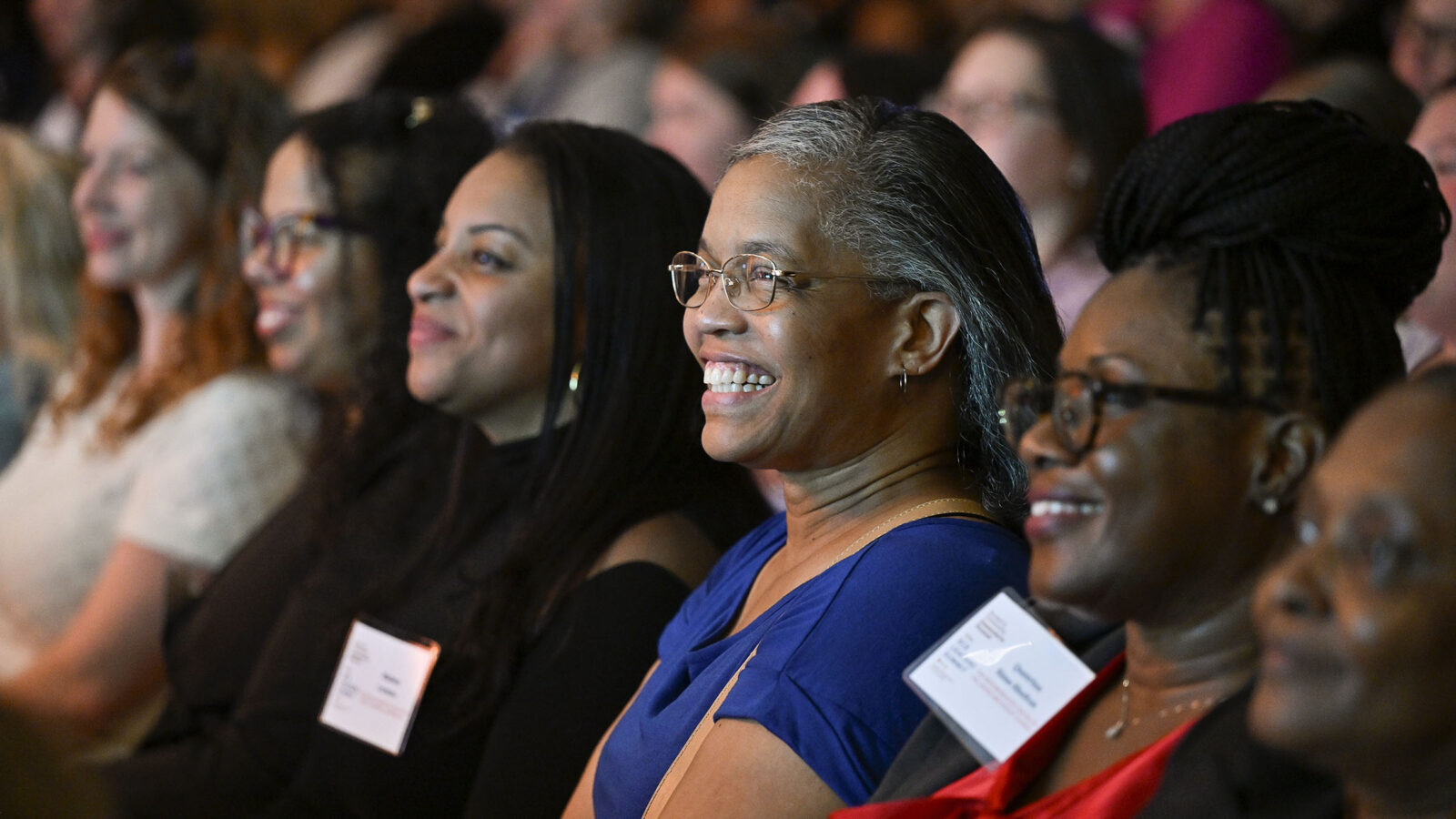Transitioning to Kindergarten: ECE’s Vital Role

High-quality Early Childhood Education should equip children with the skills for lifelong success, including navigating significant life transitions, such as the start of kindergarten. By employing an approach that addresses the emotional, social, and educational readiness of both children and their families, ECE professionals play a crucial role in helping them to adapt confidently. No matter your role in ECE, remind yourself or those around you of the critical, yet essential, activities you do every day or can incorporate into your programming that help smooth the way for children and families in managing this transition.
Building Emotional Readiness
A key activity in preparing children for kindergarten is to foster their emotional readiness. It is essential to help children develop a sense of independence and emotional self-regulation. Encouraging self-help skills such as dressing, feeding, and personal hygiene can boost their confidence and reduce anxiety. In the ECE classroom, structured routines build a sense of security and routine.
Cultivating Social Skills
This transition is also vital for social development. ECE settings are often where children first learn to interact with peers in a structured environment, and creating opportunities for group play and collaborative activities that teach the basics of sharing, cooperation, and turn-taking will provide a valuable foundation for the next stage of children’s academic journey. Role-playing and guided play can help children understand and practice appropriate social behaviors, conflict resolution, and empathy.
Building Educational Foundations
When it comes to building academic readiness, the goal is not to push formal education but to awaken a love of learning. ECE educators provide an opportunity to introduce concepts through play-based learning activities that stimulate curiosity and critical thinking. Activities that involve counting, recognizing shapes and colors, and exploring the alphabet lay the groundwork for the academic skills they will develop in kindergarten. In addition, fostering a love for books through regular read-aloud sessions can instill a lifelong passion for reading.
Engaging Families
An often-overlooked aspect of preparing for kindergarten is ensuring families are part of the process. By engaging families and caregivers, providing them with resources and guidance on how to support their child’s transition, educators can assist families in building the skills they need. Workshops or informational sessions can be invaluable, offering strategies for reinforcing learning at home and managing concerns. Open communication channels between educators and families ensure that any potential issues are addressed promptly, creating a support network.
At Catherine Hershey Schools for Early Learning, we engage with families through our Family Success program, equipping families to act as advocates for their child through knowledge-building and resource sharing, including navigating the transition to kindergarten.
Creating a Collaborative Environment
Lastly, a collaborative relationship between the current ECE setting and the upcoming kindergarten environment can ease the transition. For example, joint professional development opportunities can align teaching practices and ensure educators are equipped with the best strategies for supporting young learners. Transition activities, such as school visits, joint family events, and orientation programs, can familiarize children and their families with the new school environment. Such collaboration ensures continuity in educational and emotional support for children. This is particularly important for children with additional needs, and who may have an Individualized Education Program, or other support services in place. Don’t assume the paperwork will catch up!
ECE educators play a pivotal role in preparing children and their families for the exciting journey into kindergarten. By preparing ahead of time, fostering independence, and maintaining open communication, it will set the stage for a lifelong journey of learning and growth.
And finally, give yourself permission to release your emotions when saying goodbye to your young learners for the last time. But remember, you’ve done a great job, and have set them up for future success throughout their lives!




